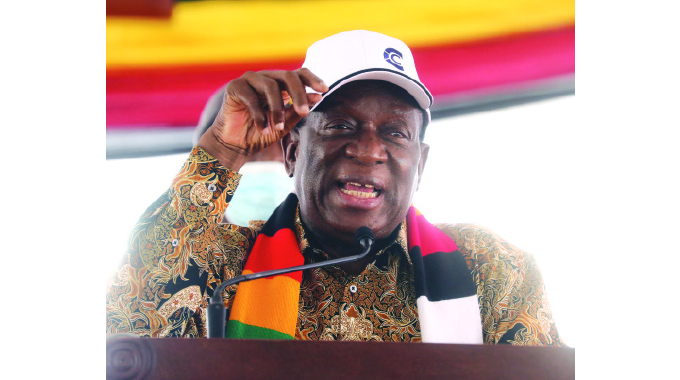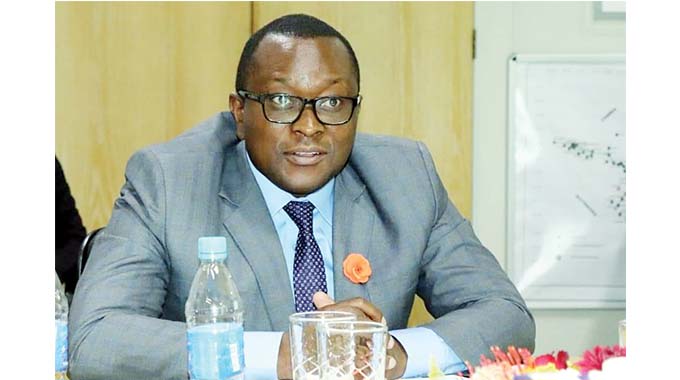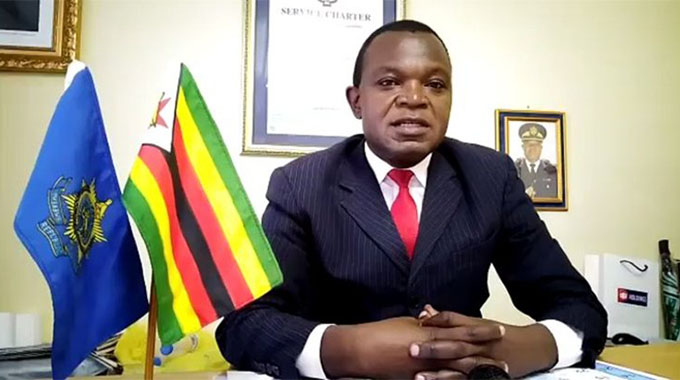World Children’s Day presents unique opportunity

Sikhumbuzo Moyo, Senior Reporter
SURVIVAL of children and young persons is under serious threat due to the effects of climate change which hurt their access to basic food and nutrition, water services, education, and health, child president Unathi Nyoni has said.
He was speaking during the World Children’s Day commemorations in Lusaka, Zambia last week.
The day, set aside by the United Nations, allows governments and community leaders to reflect on the progress made in furthering children’s rights and well-being.
President Mnangagwa joined his counterparts President Mokgweetsi Masisi of Botswana and President Hakainde Hichilema of Zambia during the commemorations attended by around 500 children.

President Mnangagwa
This year’s annual World Children’s Day, which was held under the theme “A Better Future for Every Child”, presented a unique opportunity to foster dialogue between children and their leaders.
The event was exactly a year after the same leaders brought together young people to light up the Kazungula Bridge in Kasane, Botswana.
Unathi said the effects of climate change have devastating effects on the future of children and young persons.
“The earth is dying and for as long as I’ve known, it has been dying, but why? The answer to that lies within our understanding.
We, as the children, are concerned about how climate change threatens to reverse the gains made towards attaining the Sustainable Development Goals (SDGs),” he said.
“Droughts and the changing global rainfall patterns are leading to crop failures and rising food prices, which for the poor mean food insecurity and nutritional deprivations that can have lifelong impacts.”
The child president said it is worrying that Governments are dragging their feet when it comes to dealing with climate change.
“Children and young people are not passive victims of climate change but are also key advocates for transformational change in society and whose skills can be harnessed for climate change mitigation and adaptation initiatives.
For example, through school environment clubs, children take what they learn at school and practice at home thereby influencing their entire communities on good environmental stewardship,” he said.
“We acknowledge that the learning crisis, gender imbalance and inclusivity for people living with disabilities are cross-cutting issues that also bedevil our country hence we would like to implore the heads of States here present to ensure that there is equal opportunity for every individual as the popular saying goes, ‘anything for us without us is not for us.”
World Children’s Day was first established in 1954 as Universal Children’s Day and is celebrated on 20 November each year to promote international togetherness, awareness among children worldwide, and to improve children’s welfare.
The day is important as it is the date when the UN General Assembly adopted the Declaration of the Rights of the Child in 1959. In 1989, the UN General Assembly adopted the Convention on the Rights of the Child.
Since 1990, World Children’s Day also marks the anniversary of the date that the UN General Assembly adopted both the Declaration and the Convention on children’s rights.












Comments